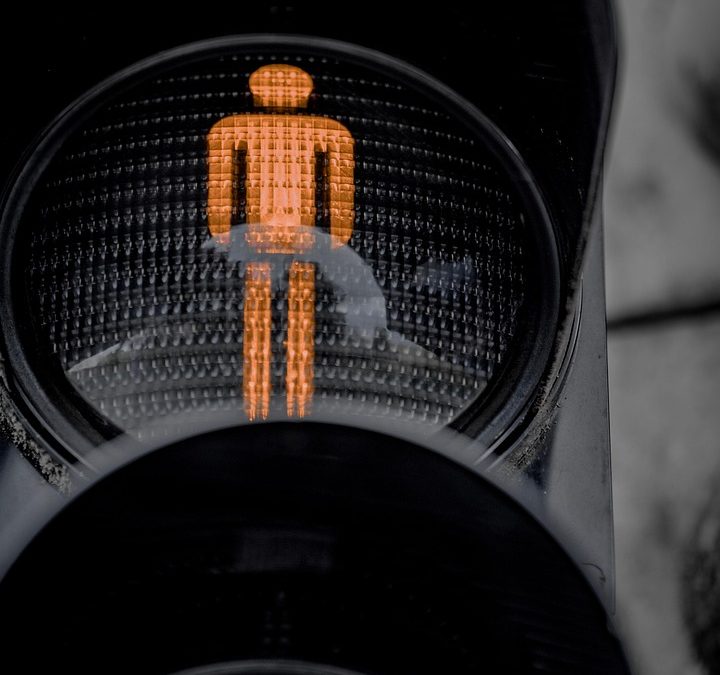When you’re stopped in your car, it’s essential to know your rights and how to interact with law enforcement officers who pull you over. While it’s crucial to cooperate and prioritize safety, you should also be aware that, legally speaking, cars have fewer protections than your home or person. This exception to the usual Fourth Amendment protections can have a significant impact on how the situation unfolds.
Understanding the ‘Automobile Exception’
In general, law enforcement needs a warrant to search your property or conduct an investigation. However, the ‘automobile exception’ allows officers to search your vehicle without a warrant under certain circumstances. This exception is rooted in the idea that cars are inherently mobile and can quickly be driven away, potentially destroying evidence. This means that officers have more flexibility to search your vehicle, even if you’re stopped for a minor infraction.
Asserting Your Rights
While the ‘automobile exception’ does limit your Fourth Amendment protections, you still have rights that you should be aware of:
- Remain calm and polite, as this can help de-escalate the situation.
- Keep your hands visible and avoid sudden movements.
- If you’re asked to step out of the vehicle, do so.
- If you’re asked about the contents of your vehicle, you can say, “I’d prefer not to discuss that without speaking to my lawyer.”
- If you do not consent to a search, you can say, “I do not consent to a search.”
Remember, your safety is the top priority. Avoid arguing with the officer or resisting their instructions. If you’re unsure about your rights or feel uncomfortable, you can ask to speak to a supervisor or request a lawyer.
Staying Informed and Asserting Your Rights
It’s essential to understand the laws and regulations in your area. Familiarize yourself with local laws, such as those related to stop-and-identify laws or consent searches. Knowing your rights and being prepared can help you navigate interactions with law enforcement confidently and safely.
“The right to be free from unreasonable searches and seizures is a fundamental right that is deeply ingrained in our Constitution. It is a right that is essential to the preservation of our liberty and our privacy.”
Remember, staying informed and knowing your rights is key to navigating complex situations like traffic stops. By prioritizing safety, cooperating with law enforcement, and asserting your rights appropriately, you can ensure a safe and respectful interaction. Stay informed about local laws and regulations, and always prioritize your safety above all else.
The information at Observed.Org may not pertain to every jurisdiction. It is YOUR responsibility to know your rights and observe them. Nothing here should be considered legal advice.

